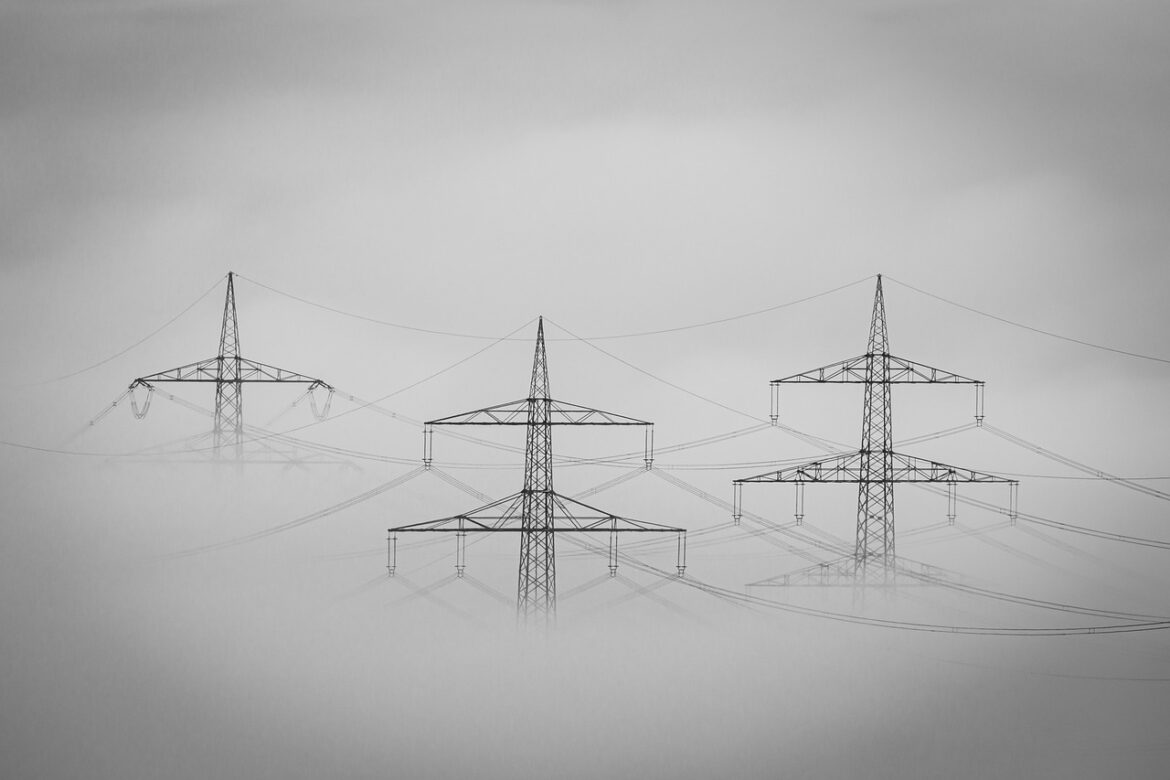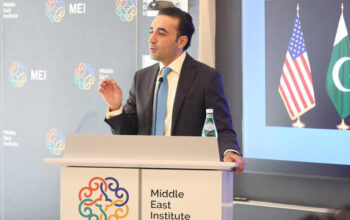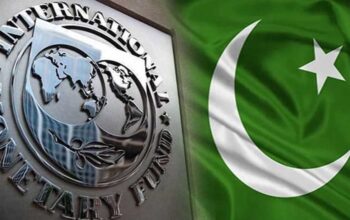The authorities are dealing finishing touches to a comprehensive plan to staunch electricity theft, which cost Pakistan almost USD 1.5 billion this year alone.
By Naveed Naqvi
ISLAMABAD: Pakistan’s economy is in deep crisis owing chiefly to a liquidity crunch, but the country’s ramshackle power sector continues to bleed cash wholesale to theft abetted by insiders. That, however, may be about to change, the National Assembly’s Standing Committee on Energy was told the other day.
Briefing the Committee over the situation of the power sector, Federal Secretary Power Rashid Mehmood Langrial said the sector lost approximately PKR 380 billion (approx. USD 1.45 billion) to power theft over the last one year – and the loss is set to jump to PKR 520 billion (almost USD 2 billion) in a year due to inflation and tariff hikes.
Pakistan’s power sector is mired in deep trouble, and one of its foremost challenges is a mammoth circular debt that threatens to bring down the sector, and therefore the economy. Its repercussions as of now are already dire.
For instance, power sector circular debt is chiefly why the state-sector Pakistan State Oil (PSO) has been teetering on the brink of insolvency for at least the last couple of years. And power sector circular debt is chiefly why announced and unannounced blackouts and brownouts are the norm and the industry is anaemic for want of energy.
Successive governments have strived to tackle the issue over the past couple of decades with little success. According to the Central Power Purchasing Authority (CPPA), in fiscal year 2013, Pakistan’s circular debt stood at around PKR 450 billion which rose to PKR 1,148 billion in 2018 and PKR 2,467 billion in 2022.
But circular debt is not the only demon haunting Pakistan’s power sector; there is power theft and technical line losses. Pakistan has been striving to rid its power sector of these problems with multilateral help for decades now, but the results have been less than satisfactory.
Secretary Water and Power told the Committee said around PKR 80 billion worth of this year’s power theft is attributable to consumers slowing down their power meters. He conceded that power thieves may have inside help. Distribution companies’ staff is notorious for criminal collusion with power thieves.
But an even bigger problem is the so called kunda – establishments directly hooking into power transmission lines to steal electricity – estimated to have pilfered approximately PKR 200 billion worth of electricity over the past 12 months.
The Secretary said the theft had been tracked down to the feeder level, adding that electricity worth PKR 5 billion is stolen every year from only one grid station in Bannu. Electricity worth PKR 185 billion was stolen in Peshawar Electric Supply Company (PESCO) this year.
Elaborating on various aspects of the problem, the Secretary said that electricity cannot be cut off at the feeder level to prevent electricity theft. In case of power disconnection at the feeder level, honest consumers who bill pay their bills will also be penalised.
He told the committee the authorities have a plan to take the fight down to the transformer level, and added that the plan entailed installation of aerial bundled cables (also aerial bundled conductors or simply ABC) to help fight power theft.
ABC are overhead power lines using several insulated phase conductors bundled tightly together, usually with a bare neutral conductor. This has several advantages over the traditional practice of using uninsulated conductors separated by air gaps.
Other measures being contemplated to fight power theft include privatisation of billing and recovery, and a task force of Power Division formed on the lines of the police but dedicated to bring electricity thieves to the book.
Electricity tariffs are at their highest level in Pakistan at a time when inflation is also at a 50-year high. Higher energy costs have pushed production costs upwards, exerting an inflationary pressure leading to substantially increased cost of living.
This and a drastic currency devaluation over the past few months have eroded the purchasing power of households. Under the circumstances, an efforts to stem power theft are welcome as they will help both the ailing power sector and Pakistan’s cash strapped economy.
Copyright © 2021 Independent Pakistan | All rights reserved




